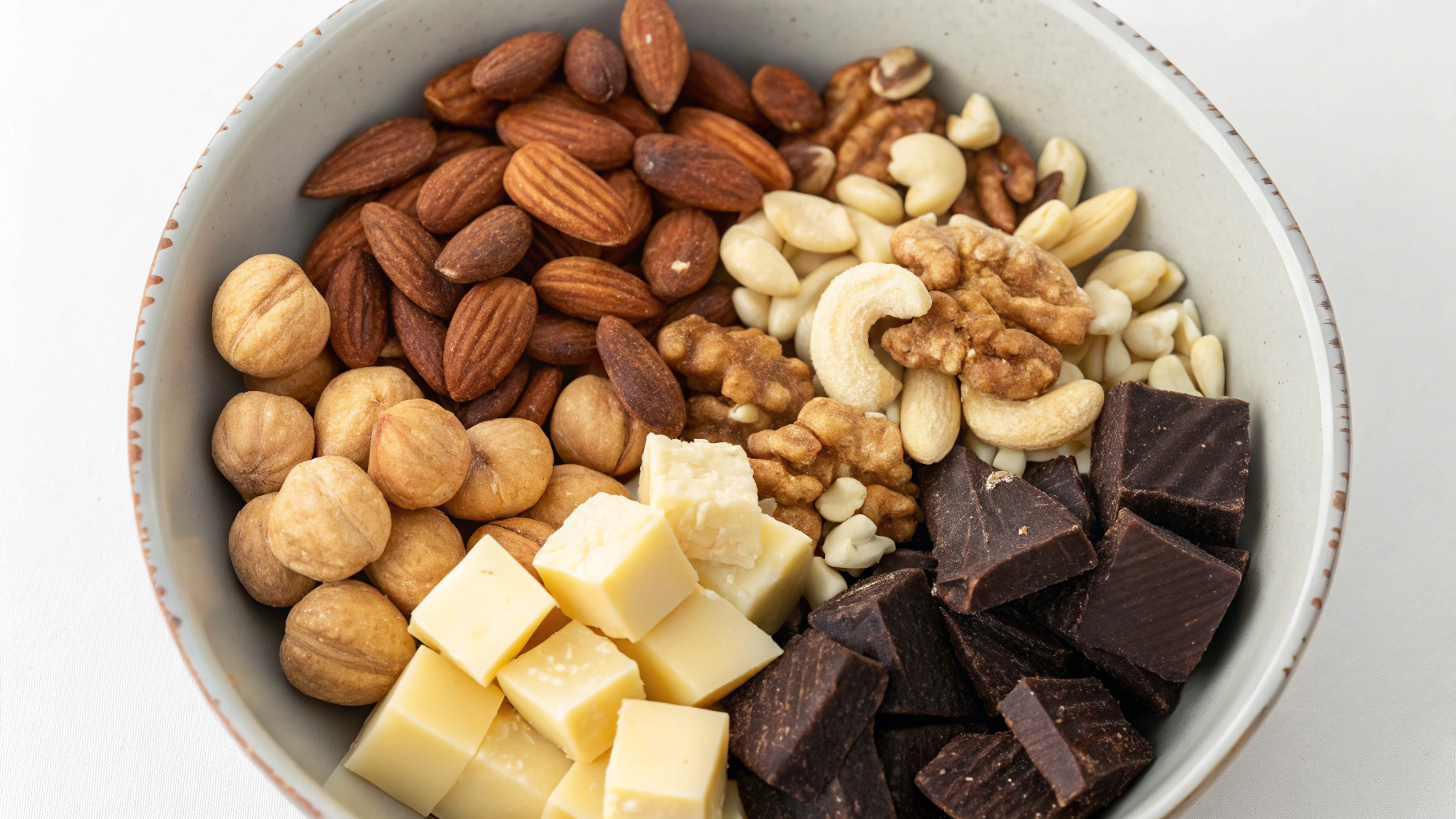The keto diet has gained popularity for its ability to promote weight loss and improve overall health. But is the keto diet for seniors safe and beneficial? In this article, we explore the potential advantages, risks, and best practices for older adults considering a low-carb diet for seniors.
What is the Keto Diet?
The ketogenic diet is a high-fat, moderate-protein, and very low-carb eating plan. By reducing carbohydrate intake, the body enters a state of ketosis, where it burns fat for energy instead of glucose. This metabolic shift can offer several health benefits but may also pose challenges for seniors.
Health Benefits of the Keto Diet for Seniors
1. Weight Management
Many seniors struggle with weight gain due to slowed metabolism. A ketogenic diet for older adults can help with fat loss and maintaining a healthy weight by reducing hunger and stabilizing blood sugar levels.
2. Improved Cognitive Function
Research suggests that low-carb diets for seniors may support brain health and reduce the risk of cognitive decline, including conditions like Alzheimer’s disease and dementia.
3. Better Blood Sugar Control
For seniors managing diabetes or insulin resistance, the keto diet may help regulate blood sugar and lower insulin levels.
4. Heart Health Benefits
The keto diet can improve cholesterol levels by increasing HDL (good cholesterol) and reducing triglycerides, which supports heart health.
5. Enhanced Mobility and Joint Health
By reducing inflammation, a senior keto meal plan may help ease joint pain and arthritis symptoms.
Risks and Considerations of Keto for Seniors
1. Nutrient Deficiencies
The restrictive nature of the keto diet may lead to vitamin and mineral deficiencies, particularly in fiber, potassium, and magnesium.
2. Risk of Muscle Loss
Seniors naturally experience muscle loss with age. Adequate protein intake is crucial to prevent muscle wasting.
3. Dehydration and Electrolyte Imbalance
Lower carb intake can lead to increased water loss, making hydration and electrolyte balance essential for older adults.
4. Digestive Issues
Some seniors may experience constipation due to lower fiber intake on a ketogenic diet.
5. Medication Interactions
A keto diet for seniors may impact how medications work, particularly those for diabetes, blood pressure, and cholesterol.
How to Safely Follow a Keto Diet as a Senior
- Consult a Doctor before making major dietary changes.
- Increase Fiber Intake by eating low-carb vegetables like spinach and cauliflower.
- Stay Hydrated and consider adding electrolyte supplements.
- Monitor Blood Sugar regularly, especially for diabetics.
- Include Healthy Fats like avocado, olive oil, and nuts.
- Eat Adequate Protein to maintain muscle mass.
Recommended Amazon Keto Products for Seniors
1. Keto Meal Replacement Shakes
2. Electrolyte Supplements
3. Keto-Friendly Snacks for Seniors
4. Collagen Protein Powder for Joint Health
5. MCT Oil for Brain Health
FAQs About Keto Diet for Seniors
1. Is the keto diet safe for seniors?
Yes, but it’s essential to follow a senior keto meal plan carefully and consult a doctor before starting.
2. Can the keto diet help with memory and brain function?
Yes, studies suggest that keto for elderly individuals may support brain health and reduce cognitive decline.
3. What are the best keto foods for seniors?
Healthy fats, lean proteins, non-starchy vegetables, and nuts are great choices for seniors.
4. Are there any side effects of keto for seniors?
Possible side effects include keto flu, dehydration, muscle loss, and digestive issues.
5. How can seniors prevent muscle loss on keto?
By consuming adequate protein, healthy fats, and engaging in light exercise.
Conclusion
The keto diet for seniors offers several health benefits, from weight management to improved brain function. However, it is essential to approach it safely, ensuring proper nutrient intake and medical supervision. If you’re considering a low-carb diet for seniors, consult your healthcare provider and choose a sustainable plan that meets your needs.





